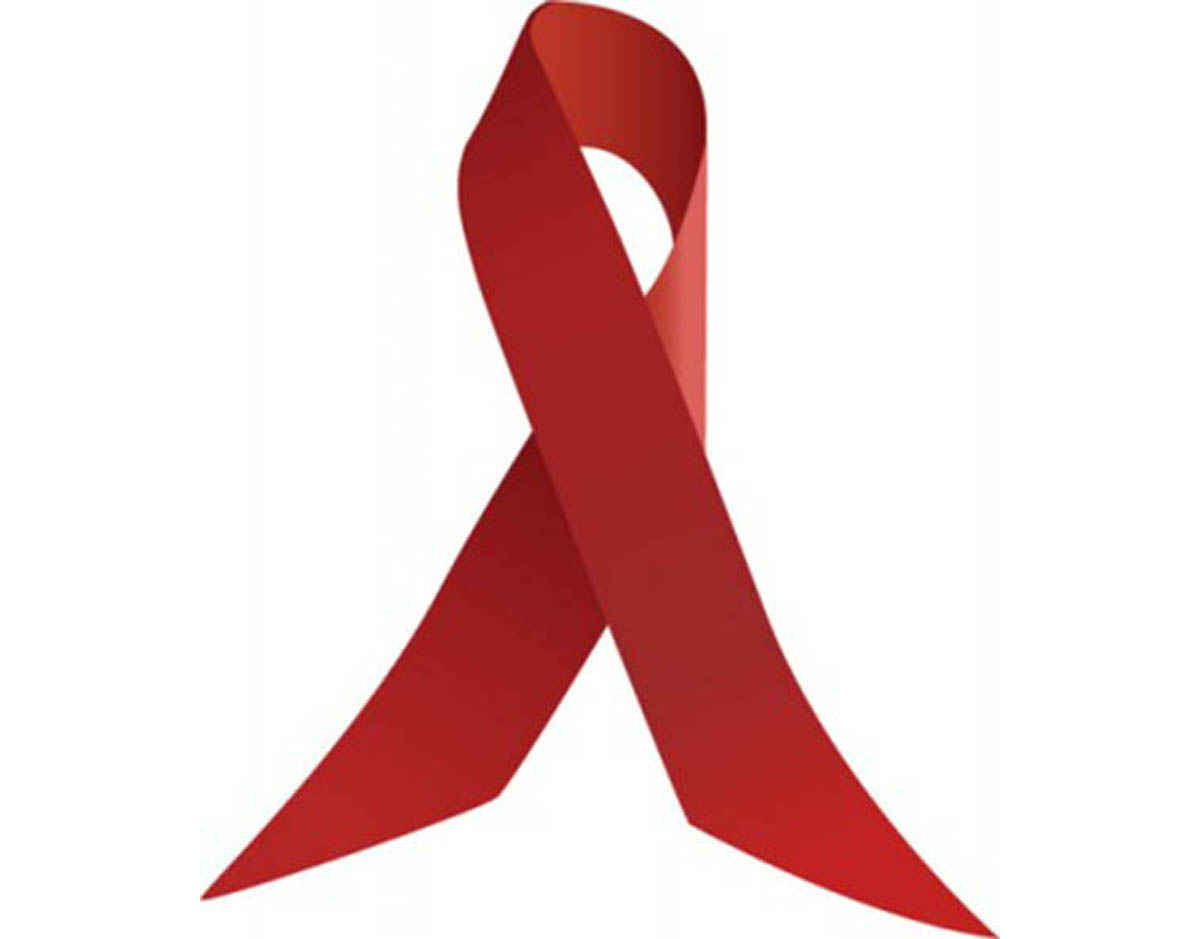The drug tenofovir has already been shown to protect women from HIV transmission during unprotected vaginal intercourse. Now they have found that applying the gel to the anus before unprotected sexual intercourse reduces HIV transmission.
Drug Already Shown to Protect Women from HIV Transmission in Vaginal Intercourse
The risk of catching HIV while receiving unprotected anal sex is at least 20 times greater than the risk of catching HIV while receiving unprotected vaginal sex. This is because the lining of the vagina is considerably thicker than the lining of the anus, which consists of a membrane that is the thickness of just one cell. The odds of catching HIV from an infected partner during a single act of unprotected intercourse are approximately:
- 1 in 2500 for an HIV-negative man having unprotected vaginal intercourse with a HIV-positive woman, if both parties have healthy immune systems and the sex act does not involve intentional damage to the vagina.

- 1 in 1250 for a HIV-negative woman having unprotected vaginal intercourse with an HIV- positive man, again, if both parties have healthy immune systems and the sex is not "rough." These figures are multiplied approximately 10-fold when the HIV-positive individual is recently infected, when the HIV-negative party has a weakened immune system (such as a pre-existing herpes infection), or the sex is rough.
- 1 in 60 for an HIV-negative person receiving unprotected anal intercourse, and
- 1 in 6 for an HIV-negative person receiving unprotected anal intercourse causing bleeding.
Potential Limitations of Tenofovir in Preventing HIV Transmission
A major problem with using the tenofovir gel inside the anus was the potential for severe gastrointestinal side effects, including abdominal cramps and diarrhea. The drug company is reformulating the gel with less glycerin to reduce these side effects.Another problem with the gel is that many women simply don't want to have to apply it before receiving anal intercourse. American women in the Gilead Sciences studies stated a preference for taking a pill orally once a day, although women in Africa recruited for the study generally reported that using the gel enhanced their sexual pleasure. Men receiving passive anal intercourse were not included in the clinical trial.
The problem with taking tenofovir as a pill is that the drug does not concentrate in anal tissue. It does concentrate in the bloodstream, but that is not enough to protect against the transmission of HIV during anal intercourse.
There is no question that tenofovir will help stop transmission of HIV. In South Africa, women given the gel were 54 per cent less likely to get HIV during the two years of a test sponsored by the Caprisa AIDS Research Center.
But there is also no doubt that even for vaginal intercourse, tenofovir is not 100 per cent effective. Barrier protection, and careful selection of sex partners, are still required to stop the transmission of the disease.
- Dugger, Celia W. African Studies Give Women Hope in AIDS Fight. New York Times, 19 July 2010
- Photo courtesy of Trygveu on Flickr: www.flickr.com/photos/trygveu/2448824654/


